What Is Alcohol and Alcohol Use Disorder?
Welcome to Mountain’s Edge Recovery, a trusted destination for individuals and families seeking information and support for substance abuse and addiction issues. In this article, we will delve into the world of alcohol, its effects on the brain, its role in substance abuse, causes and risk factors, the DSM-5 criteria for alcohol use disorder, the side effects of alcohol addiction, withdrawal symptoms, and available treatment options.
What is Alcohol?
Alcohol, also known as ethanol, is a widely consumed psychoactive substance found in beverages like beer, wine, and spirits. While moderate alcohol use may be socially acceptable, excessive and irresponsible drinking can lead to a range of physical, mental, and social problems.
Effects of Alcohol on the Brain
Understanding how alcohol affects the brain is crucial:
- Impaired Cognitive Function: Alcohol impairs judgment, decision-making, and inhibitions, often leading to risky behaviors and poor choices.
- Memory Impairment: Excessive alcohol consumption can result in memory lapses or blackouts, affecting one’s ability to recall events during periods of intoxication.
- Mood Alteration: Alcohol can temporarily elevate mood but is also linked to mood swings, depression, and anxiety, particularly during withdrawal.
- Neurological Damage: Long-term alcohol abuse can harm brain structure and function, potentially leading to conditions like Wernicke-Korsakoff syndrome, which affects memory and cognitive function.
- Dependence and Withdrawal: Prolonged alcohol use can result in physical and psychological dependence, making quitting difficult. Withdrawal symptoms such as tremors and seizures can occur during detoxification.
Alcohol and Substance Abuse
Alcohol often serves as a gateway to substance abuse due to several factors:
- Social Acceptability: Alcohol is culturally accepted and readily available, making experimentation with other substances more likely.
- Polydrug Use: Alcohol users are more likely to engage in polydrug use, combining alcohol with other substances, which can escalate the risk of addiction.
- Coping Mechanism: Some individuals turn to alcohol as a way to cope with stress, trauma, or emotional pain, leading to a cycle of substance abuse.
- Tolerance and Dependence: As tolerance builds, individuals may increase alcohol consumption, leading to dependence and a need for stronger substances to achieve the desired effects.
Causes and Risk Factors
Several factors contribute to the development of alcohol use disorder (AUD):
- Genetics: A family history of alcoholism can increase an individual’s susceptibility to AUD.
- Environment: Growing up in an environment where alcohol misuse is prevalent can increase the likelihood of developing AUD.
- Psychological Factors: Conditions like depression, anxiety, or trauma can contribute to alcohol misuse as a form of self-medication.
- Social Influence: Peer pressure and social norms can encourage alcohol consumption, especially in social settings.
DSM-5 Criteria for Alcohol Use Disorder
The Diagnostic and Statistical Manual of Mental Disorders (DSM-5) outlines criteria for diagnosing AUD. A diagnosis may be made if an individual meets at least two of the following criteria within a 12-month period:
- Craving or a strong desire to use alcohol.
- Difficulty controlling alcohol consumption.
- Physical withdrawal symptoms when not using alcohol.
- Increased tolerance, needing more alcohol to achieve the desired effect.
- Neglecting or giving up important social, occupational, or recreational activities due to alcohol use.
- Continued alcohol use despite social or interpersonal problems caused or exacerbated by its effects.
- Spending a significant amount of time obtaining, using, or recovering from the effects of alcohol.
- Persistent use of alcohol despite knowing it is causing or worsening a physical or psychological problem.
Side Effects of Alcohol Addiction
Alcohol addiction can lead to numerous detrimental side effects, including:
- Liver Damage: Chronic alcohol use can damage the liver, leading to conditions like cirrhosis.
- Heart Problems: Alcohol misuse can contribute to heart disease and hypertension.
- Digestive Issues: Gastric problems, pancreatitis, and gastritis can result from excessive alcohol consumption.
- Cancer Risk: Alcohol abuse increases the risk of developing certain cancers.
- Relationship and Social Issues: Alcohol addiction often leads to strained relationships, financial problems, and legal issues.
Withdrawal Symptoms
When individuals with AUD attempt to quit or reduce their alcohol consumption, they may experience withdrawal symptoms, which can range from mild to severe. These symptoms include:
- Tremors
- Nausea and vomiting
- Anxiety
- Irritability
- Sweating
- Insomnia
- Hallucinations
- Seizures
Treatment for Alcohol Use Disorder
Mountain’s Edge Recovery is committed to providing comprehensive, compassionate, and evidence-based treatment for AUD. Our programs address the physical, psychological, and social aspects of addiction and recovery.
Our treatment options may include:
- Medical Detoxification: Supervised withdrawal management to ensure safety during the detox process.
- Therapeutic Interventions: Individual and group therapy to address the underlying causes of addiction.
- Medication-Assisted Treatment: Prescription medications to support recovery and reduce cravings.
- Holistic Approaches: Incorporating mindfulness, fitness, and nutrition into treatment plans.
- Aftercare and Support: Ongoing support and relapse prevention strategies to promote long-term recovery.
If you or a loved one is struggling with alcohol addiction, don’t hesitate to reach out to Mountain’s Edge Recovery. We are here to guide you on your journey to recovery, offering hope and a brighter future. Contact us today to begin your path to a healthier, addiction-free life.

